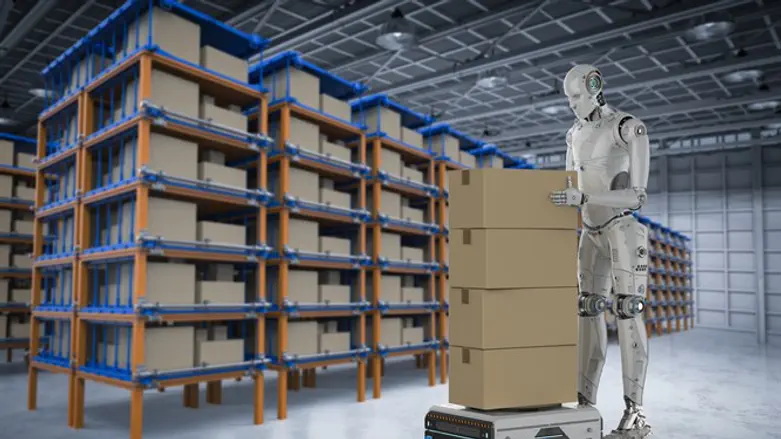
How Robotics and Technology are Affecting Our Wellbeing
Whilst living in an age that is becoming increasingly defined by its technological advancements and their integration into our everyday lives, it will come as no shock that this can have a great impact on our overall wellbeing. Therefore, it is important to examine exactly how such drastic, and often invasive, advancements can impact the society they are incorporated into.
Doing this can not only increase our understanding as to the dynamics of the relationship between artificial intelligence and human beings, but can also help to see where this integration is going wrong, and how to prevent such technological advancements from damaging both peoples’ physical and psychological wellbeing.
For many, the topic of robotics and human wellbeing is one of both great controversy and uncertainty. As we sit in the very transition period of a technological revolution, it is difficult to determine the long-term effects of robotics and artificial intelligence (AI) on general human wellbeing. However, from the initial reactions to such latest technological advancements there can be predicted a more general understanding of how such an extensive incorporation of AI and robotics into everyday life may affect long-term wellbeing.
One area of technological advancement that could be seen as having long-term impacts on our psychological wellbeing would be the creation and on-going development of sex dolls. These robotic sex dolls are highly advanced, able to both vocally and physically react to its user in addition to having increasingly more life-like features with each new model (e.g. realistic skin, more human facial features).
It is predicted that these types of robotic sex dolls will become increasingly common within the next decade, with sexual compatibility by 2025. Those in the field such as Dr Trudy Barber have claimed that the use of AI devices for sex will soon become a social norm. Not only this, but the increased usage of technological machinery in the bedroom may actually make people have a growing appreciation towards more natural means of sex, Dr Barber claims during a talk in the International Congress of Love and Sex with Robotics that “I think what will happen is that they will make real-time relationships more valuable and exciting”
Although at a first glance this could be seen as having a positive effect on both a person’s physical and emotional wellbeing, potentially increasing the value of ‘natural’ sex, this technological advancement within the sex industry does have one major flaw to it. Through the submissive and inhuman nature of most sex dolls, in addition to the fact the majority in production are depictions of women, these devices have the potential to create damaging perceptions of romantic/sexual relationships with women.
Therefore, through the growing use of such devices, societies may experience an increase in harmful and inaccurate attitudes towards sexual relationships with women. This in turn could increase the risk for abuse in relationships, and furthermore having a drastic impact on both the physical and emotional wellbeing of people, inadvertently due to such devices. Therefore, it will be important to monitor advancements in this field with strict caution to ensure no damaging, long-lasting attitudes are produced from such developments in this industry.
Although the continual development and integration of robotics and technology into our everyday lives do have the potential to affect wellbeing for the worst, there are still an abundance of ways in which such advancements have significantly improved levels of wellbeing in people.
The advancement in medical technology has literally saved lives. Betway’s research illustrates that robots now able to perform certain surgeries that require intense precision. In addition to surgical procedures, future advancements in medical technology may also reduce the number of deaths caused by mix-ups in medical records, with experts now looking into using AI and robotics to operate patient diagnoses.
In addition to robotics and AI having an improvement on people’s physical wellbeing, technological developments may also have a significant impact on mental and emotional states. It has been noted that artificial intelligence can play a drastic role in improving the psychological wellbeing of employees in the workplace through offering support, integrating meditative exercises and strengthening communication between workers and their employers.
These three elements that are offered on many of the AI workplace applications out there have been shown to significantly reduce stress in the office, and further helps to maintain the psychological wellbeing of employees. Improvements in the psychological wellbeing of said employees can also lead to less absences at work, and further an improved rate of productivity for companies.
Robotics and technology, like most revolutions in society, come with both their benefits and complications. However, if properly managed with close attention paid on problem areas, this increasing integration of AI and robotics into our everyday lives can help to significantly improve wellbeing in ways that human error have, until now, restricted us from.